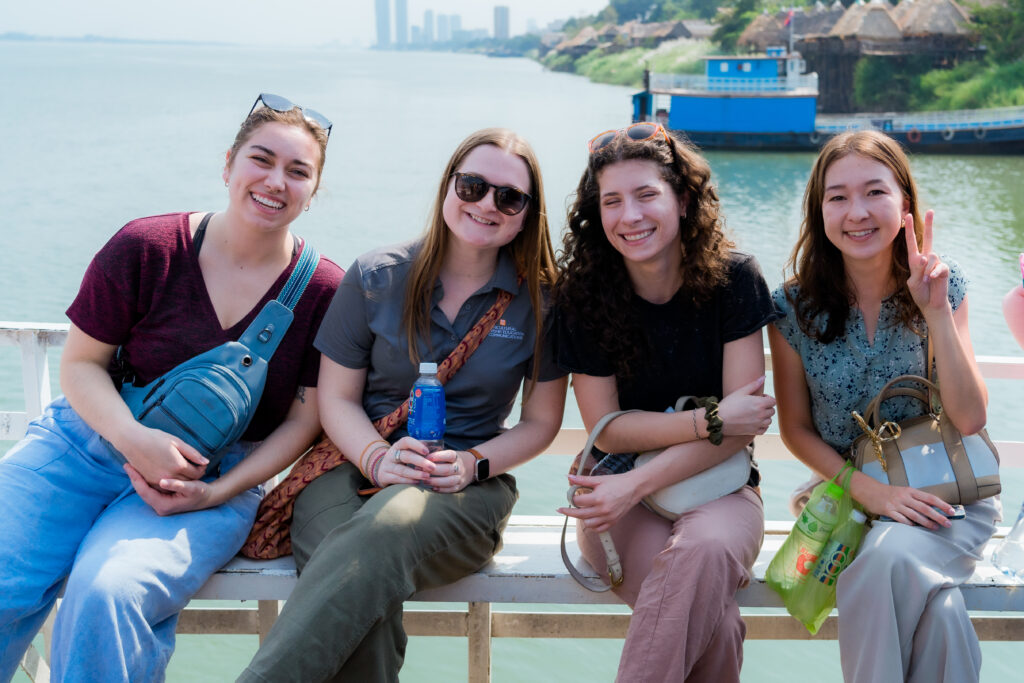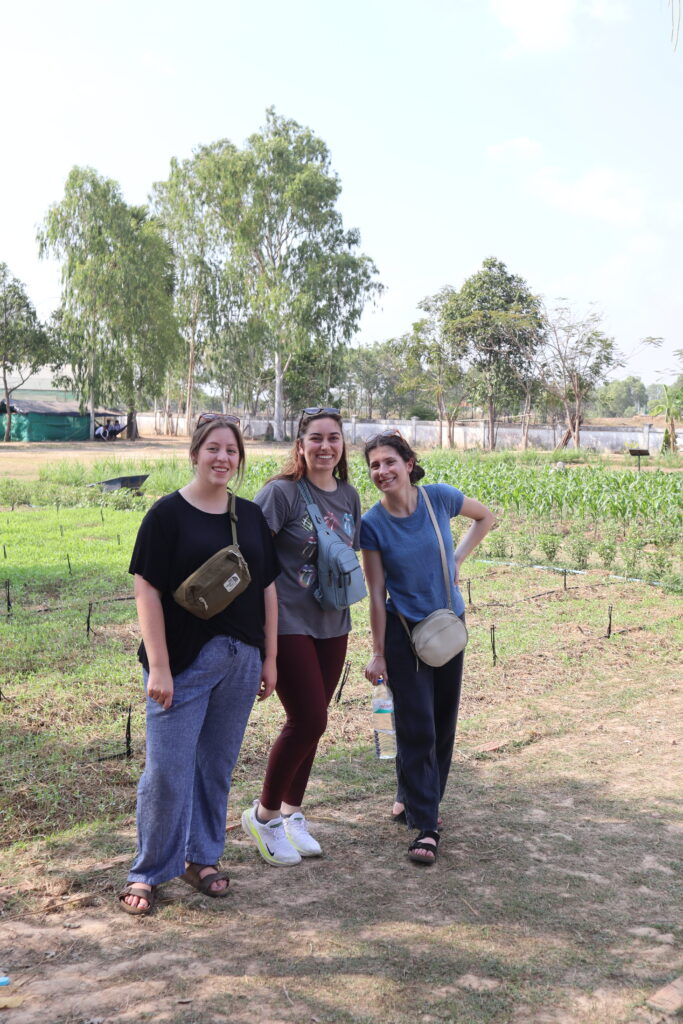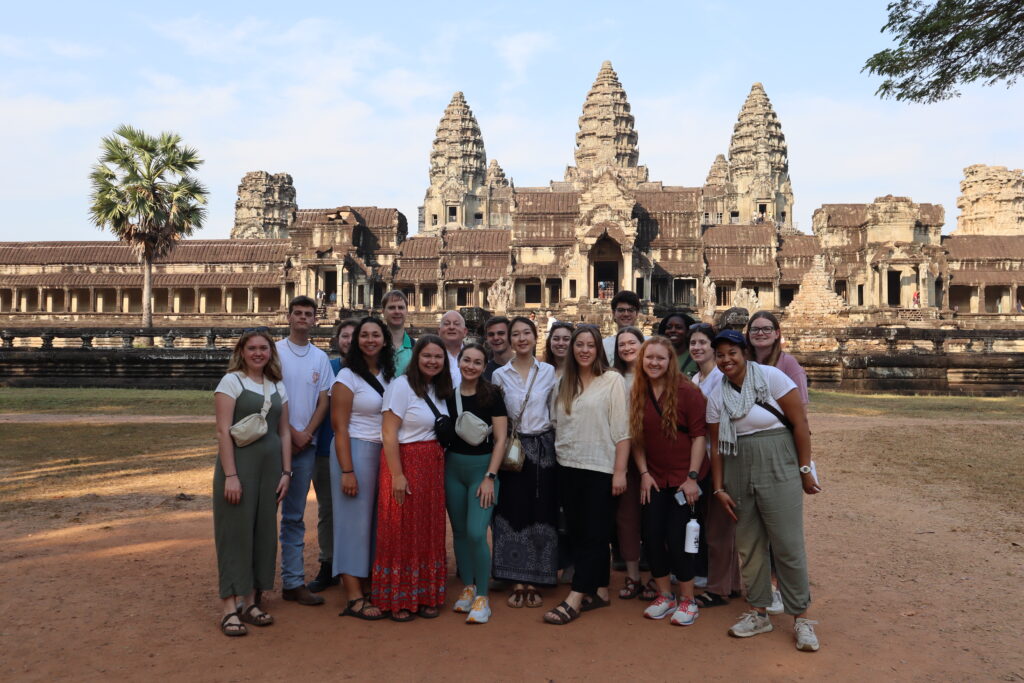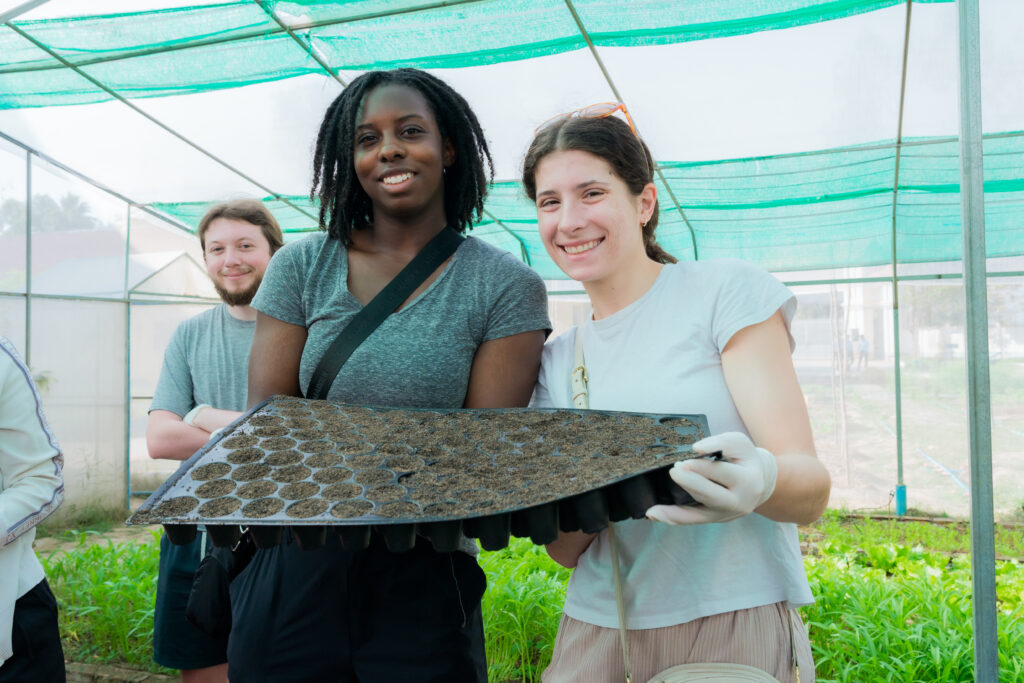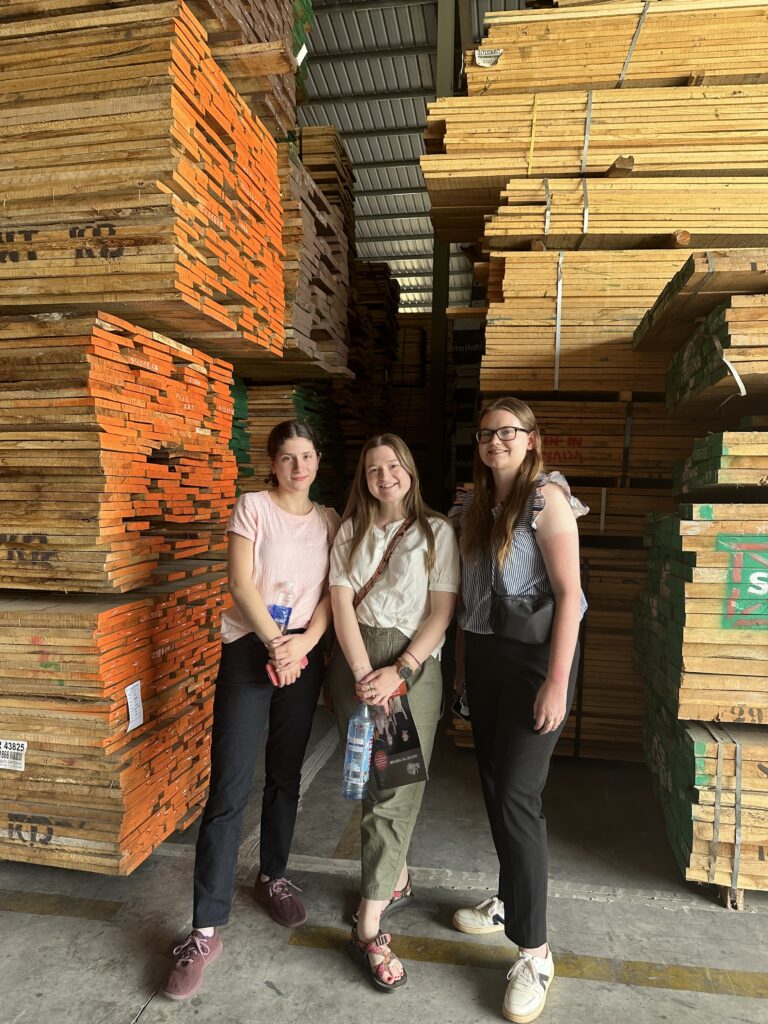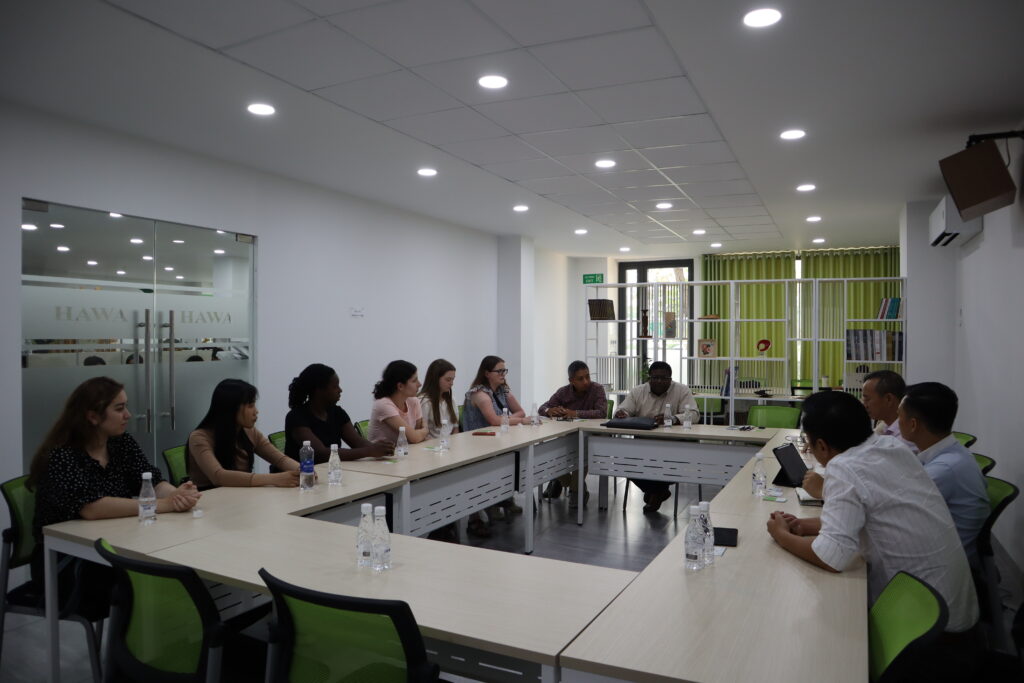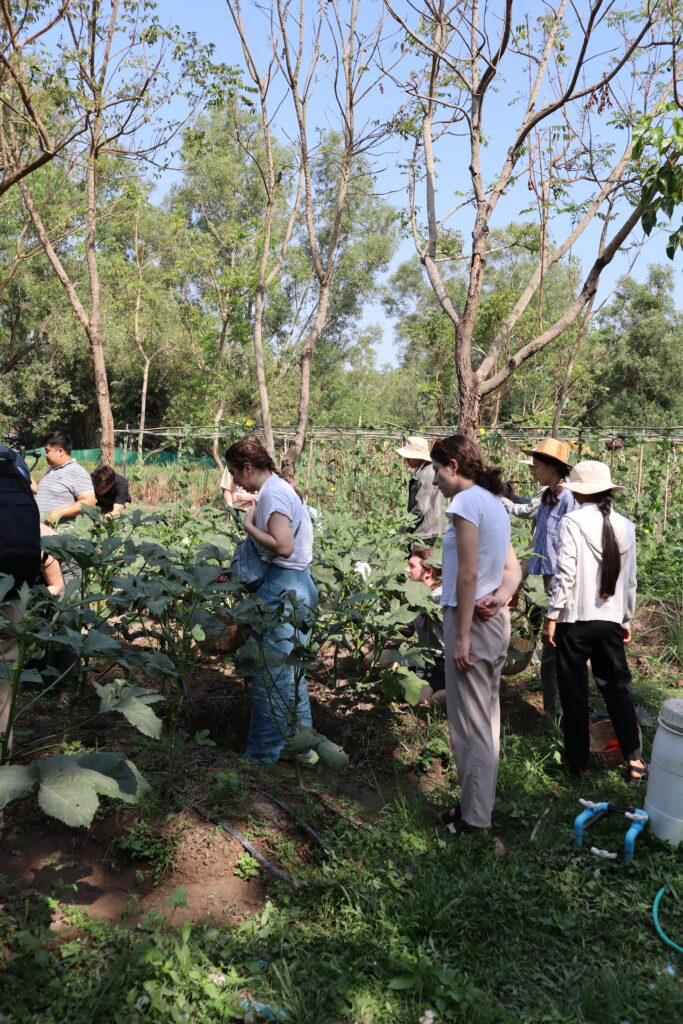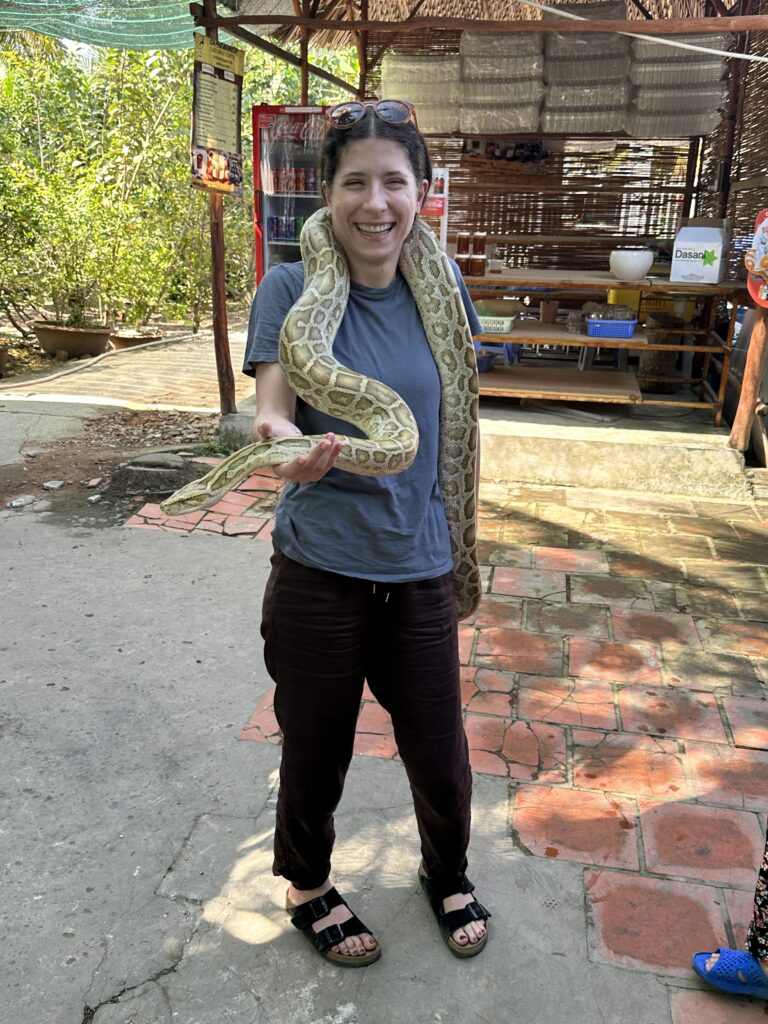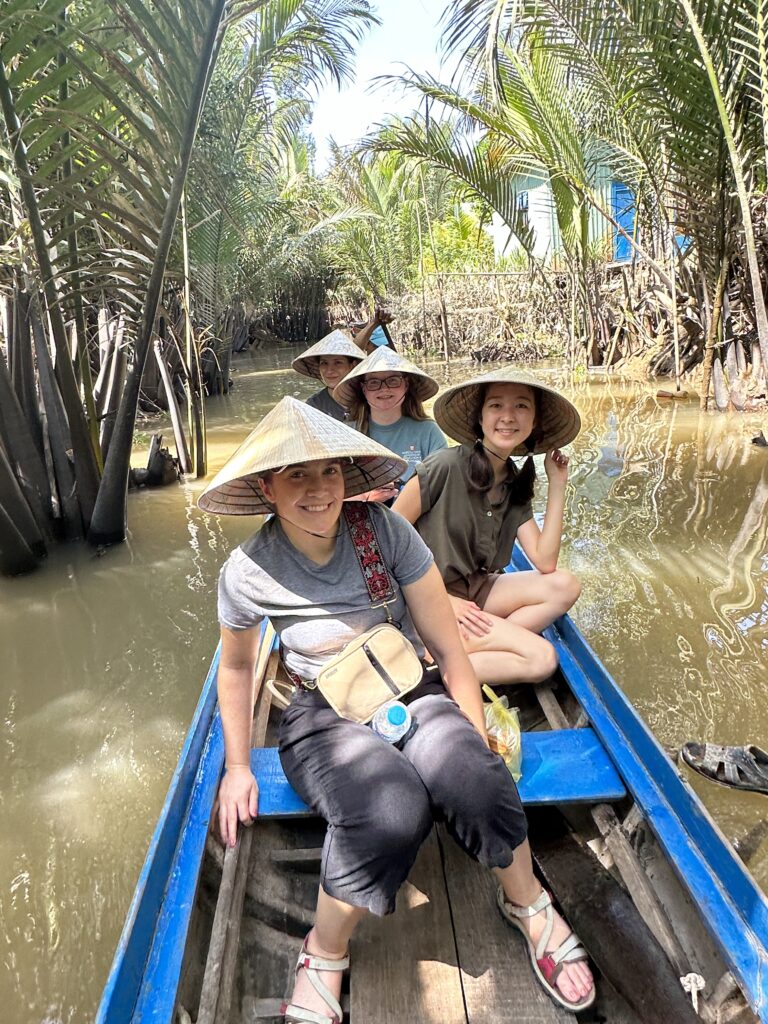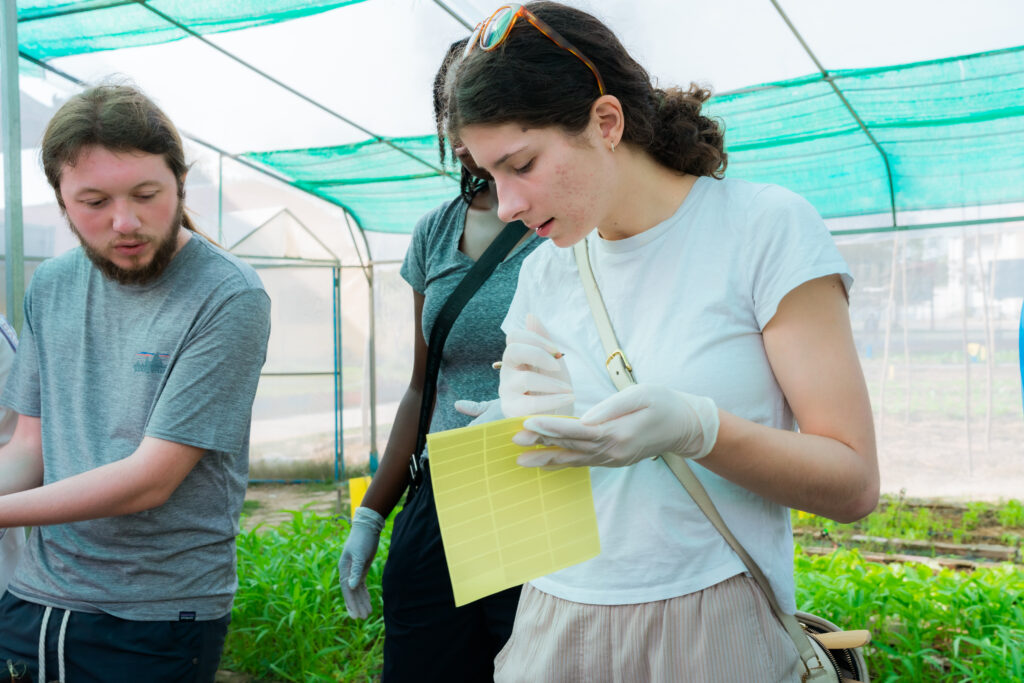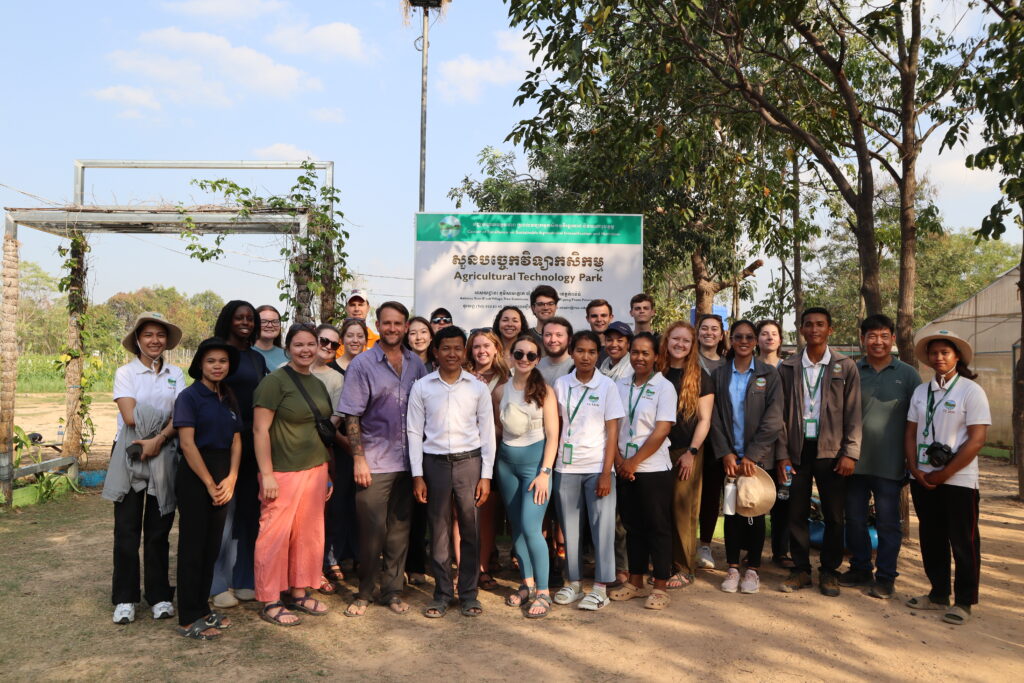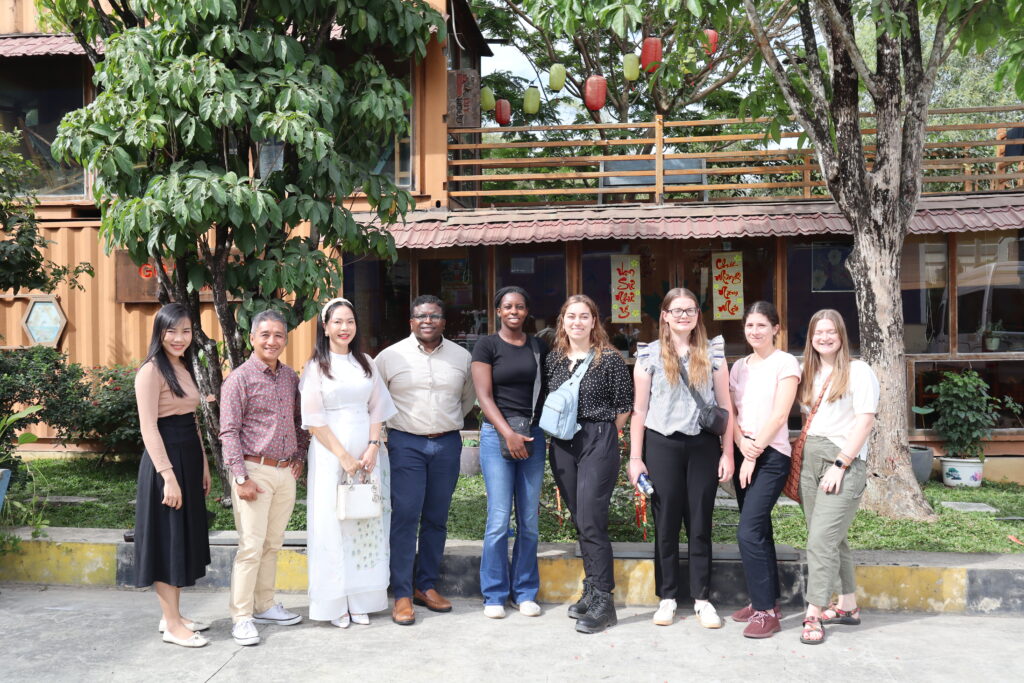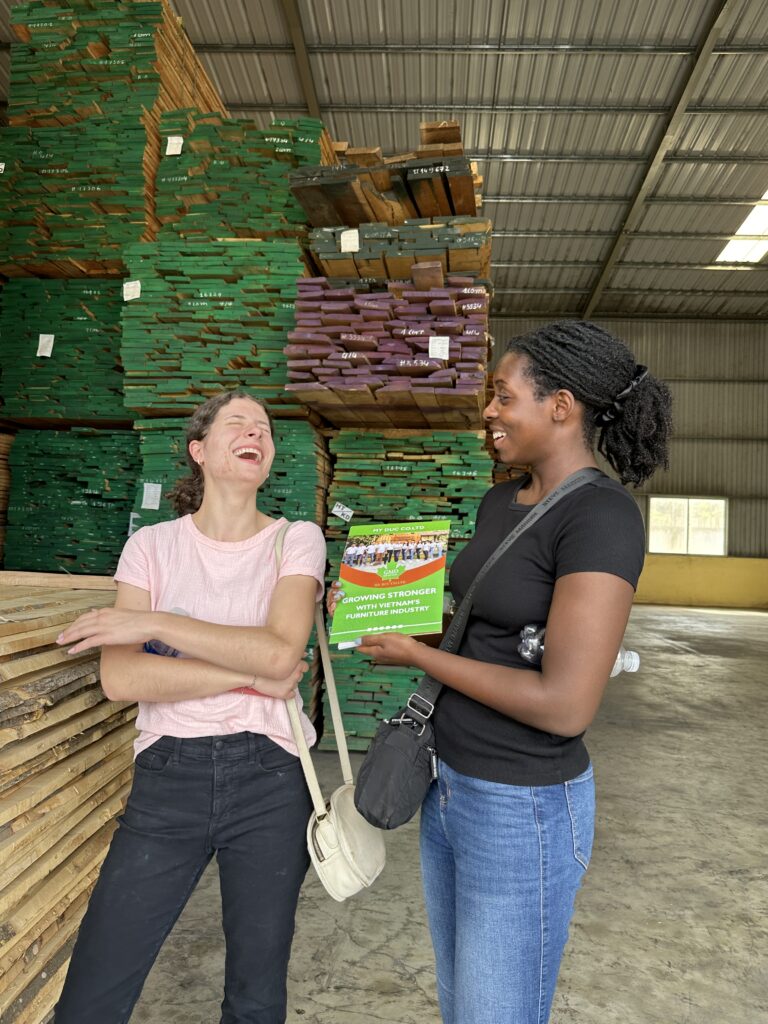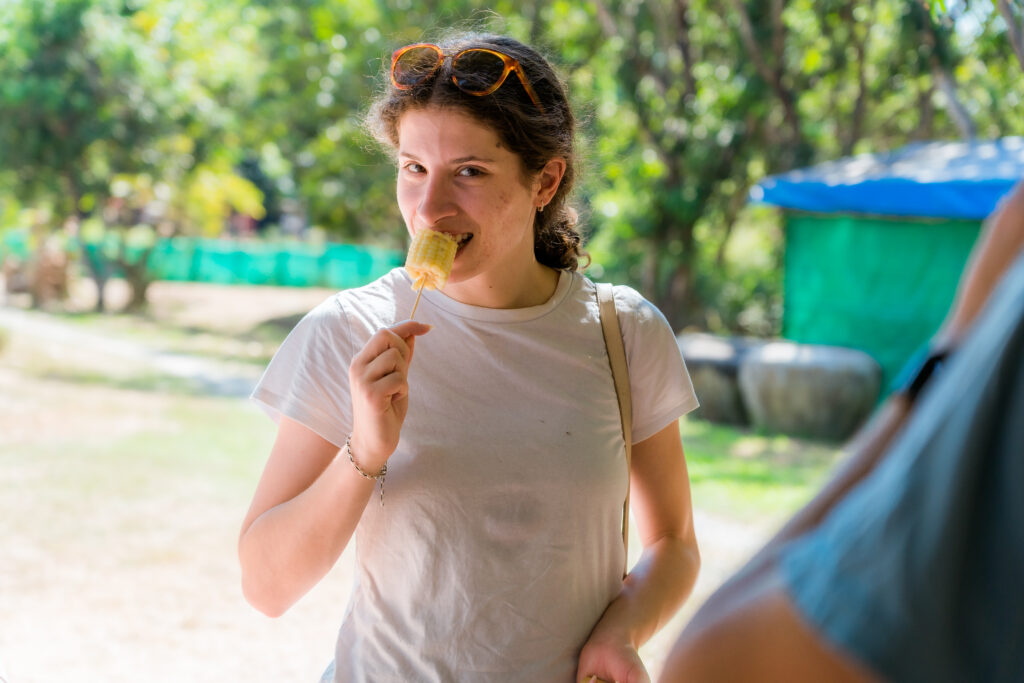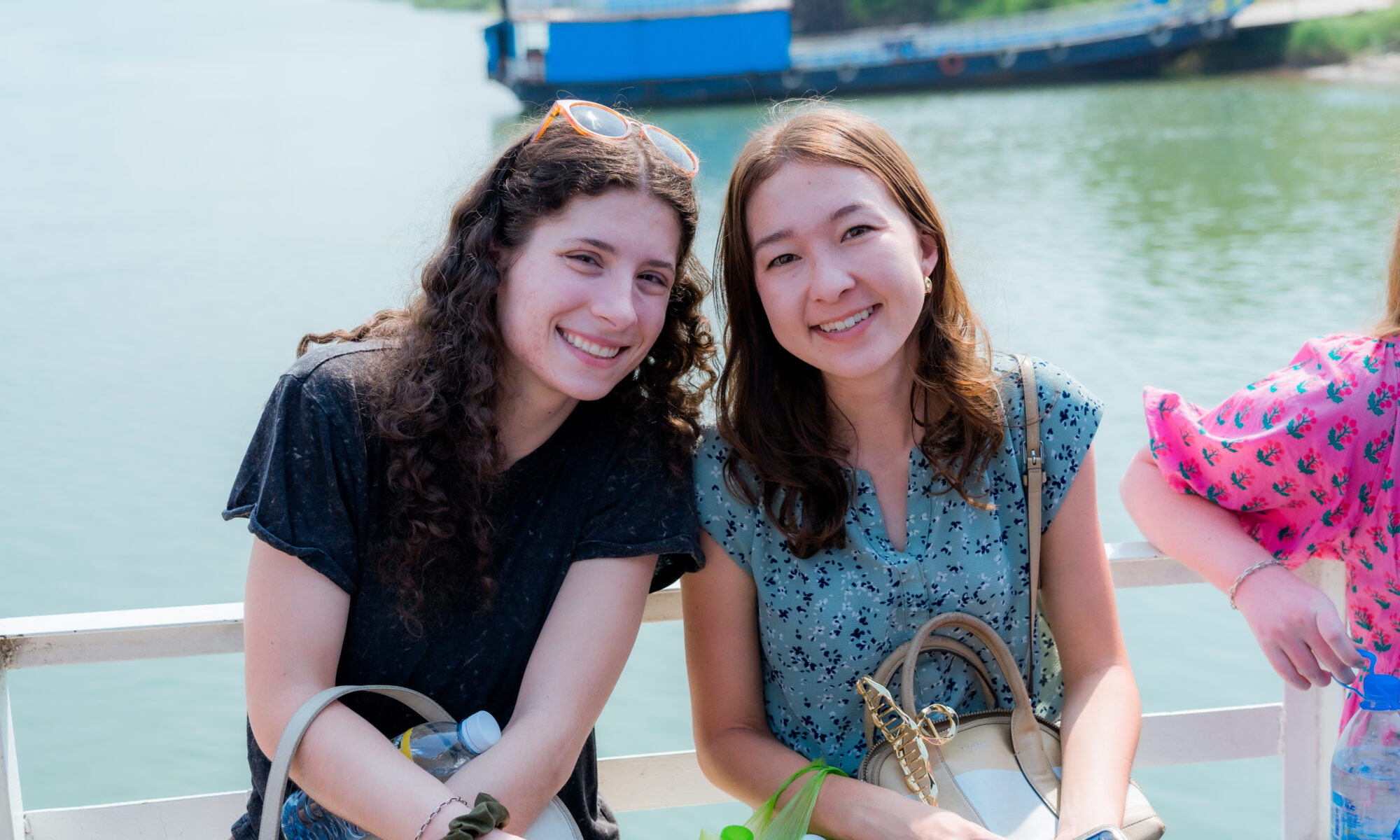
NNF fellows reflect on the impactful experiences they had during a recent study abroad in SE Asia
By Brooke Adams
In partnership with the University of Tennessee Institute of Agriculture, Department of Agricultural and Resource Economics (AREC) and the Department of Agricultural Leadership, Education and Communications (ALEC), the Smith Center has been involved in a new graduate fellowship program that focuses on international trade and development. This fellowship is funded by the National Needs Fellows Program (NNF), an initiative from USDA’s National Institute of Food and Agriculture (NIFA), and began in August 2023. Graduates will earn a master’s degree in either Agricultural and Resources Economics or Agricultural Leadership, Education and Communications. While these students complete their graduate program of study, they will engage with a core of classes on international trade and development and participate in a global experience together as a cohort. As a part of the fellowship, these graduate students participated in a study abroad experience to Southeast Asia to enhance the skills they have acquired throughout their time in the fellowship. Find out more about this experience directly from these NNF fellows throughout this #StudyAbroadStories series!
Hannah Donahue is a first-year graduate student in the Herbert College of Agriculture pursuing a master’s degree in agricultural and resource economics with a concentration in natural resource economics. Her research focuses on irrigation adaptations in response to water scarcity in the Western US. She plans to use her background in applied economics to work on natural resource depletion, sustainable agriculture and food systems, and environmental degradation, both domestic and global.
On January 7th, the group departed from Phnom Penh, Cambodia early that morning and traveled three hours to the Kampot region to visit the small coastal town of Kep. Eventually, we arrived at Baby Bird Farm, a remote farm owned and operated by an American man and his wife, who is from Cambodia. We started the tour of the farm by visiting the peppercorn orchard, the farm’s principal crop. We learned that Kampot pepper is distinct from ordinary ground pepper because it has a geographical indication, which means that only pepper grown in this small region can be called “Kampot pepper.” It is prized in the culinary world and can earn producers in this region four or five times as much profit as pepper grown outside of this region. It was interesting to learn how influential geographical indications are to the local markets and the producers profits.
While on the farm tour, we had the opportunity to see the processing facility and learn about peppercorn processing. One of the most interesting aspects was a drying facility that uses solar heat to power the technology. This drying facility was drying a species of specialty hot peppers which have a high market in Cambodia. We also learned about the growing market for “natural” foods and specialty food products in Cambodia. We then walked to a vermiculture area, in which thousands of worms are used to create fertile humus in order to supplement the soils. The farm utilizes cover crops and drip irrigation to ensure high yields and low environmental impact. It was fascinating to see the implementation of these sustainable farming practices. The farm owners educated us about the seasonal labor hirings for harvest and it was interesting to learn how vital small farms are for the local economy.
This farm tour visit later turned into a full-circle moment for me. After leaving the farm, we visited the Kep crab market where we explored the different vendors and small businesses. The market was located directly on the South China Sea, and vendors were selling fresh seafood. We ate fresh crab with a fresh green Kampot pepper sauce. Having the chance to tour the peppercorn farm and later try some of the products was so rewarding. The way we were able to experience the local food systems directly was so valuable for learning about these different systems. This full-circle moment is one that I will not soon forget.
